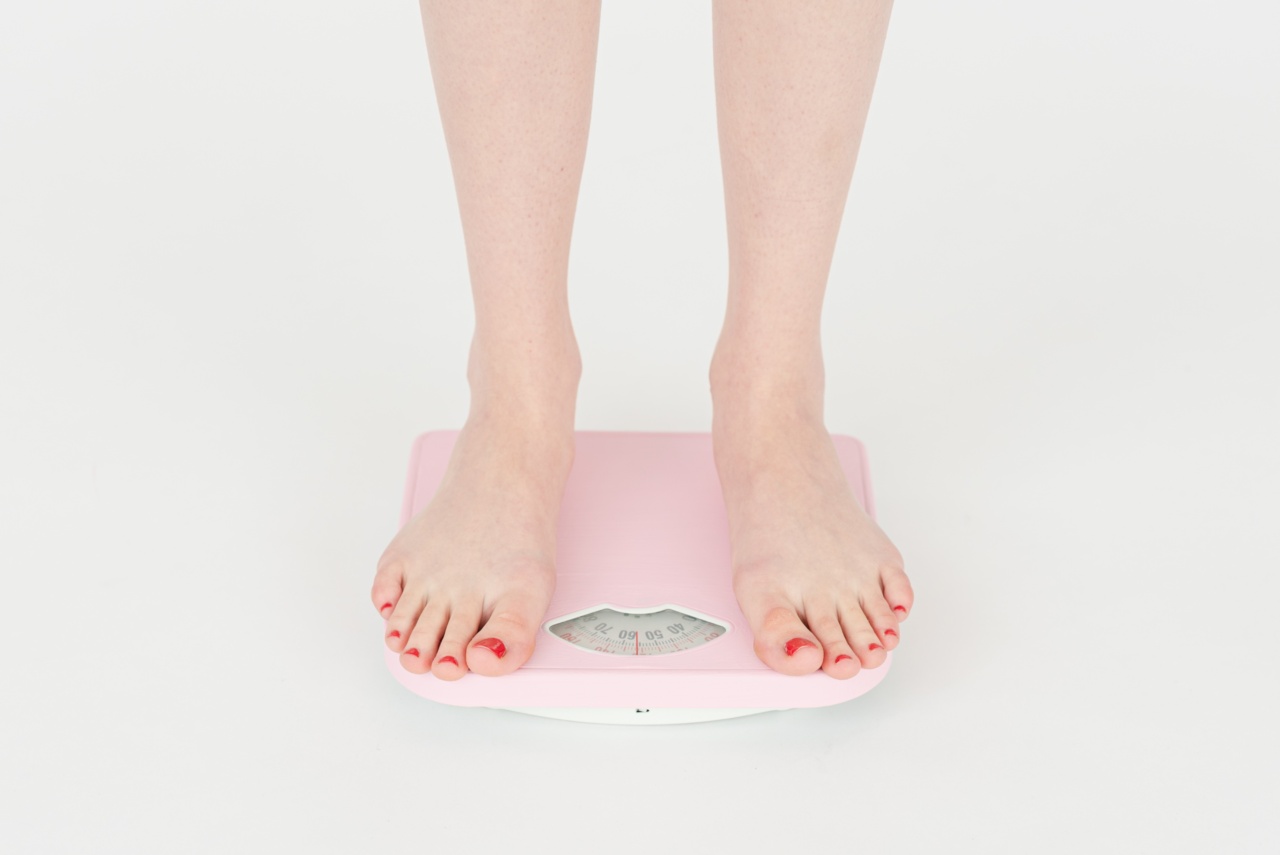High blood pressure, also known as hypertension, is a common health condition that affects millions of people worldwide.
It occurs when the force of blood against the walls of the arteries is too high, putting extra strain on the heart and blood vessels. While there are several well-known causes of high blood pressure such as unhealthy diet, lack of physical activity, and obesity, there are also some unexpected factors that can contribute to this condition.
In this article, we will explore ten surprising causes of high blood pressure that you should be aware of.
1. Stress and Anxiety
In today’s fast-paced world, stress and anxiety have become an integral part of our lives. Constant stress can wreak havoc on our bodies, including raising blood pressure levels.
When we experience stress or anxiety, our bodies release stress hormones like cortisol, which can lead to an increase in blood pressure. It is important to find healthy ways to manage stress, such as practicing relaxation techniques, exercising regularly, or seeking professional help if needed.
2. Sleep Apnea
Sleep apnea is a sleep disorder characterized by interrupted breathing during sleep. It not only affects the quality of your sleep but can also contribute to high blood pressure.
When you experience episodes of breathing cessation, your body reacts by releasing stress hormones and increasing your heart rate, which can lead to elevated blood pressure levels. Treating sleep apnea through lifestyle changes, such as weight loss and avoiding alcohol and sedatives, can help improve both sleep quality and blood pressure.
3. Noise Pollution
Noise pollution, often overlooked, can be a silent contributor to high blood pressure. Living in a constantly noisy environment, such as near highways or airports, can lead to chronic exposure to loud sounds.
Studies have shown a correlation between long-term exposure to noise pollution and high blood pressure. It is essential to find ways to minimize noise pollution, such as using earplugs or investing in noise-cancelling headphones, particularly during sleep or periods of relaxation.
4. Birth Control Pills
While birth control pills are known for their ability to prevent unwanted pregnancies, they may also have an impact on blood pressure levels.
Certain types of contraceptive pills contain hormones like estrogen and progestin, which can cause a slight increase in blood pressure for some women. However, the effect is usually minor and temporary. It is always advisable to consult with your healthcare provider to find the contraceptive method that suits you best.
5. Decongestants and NSAIDs
Over-the-counter medications like decongestants and nonsteroidal anti-inflammatory drugs (NSAIDs) are commonly used to relieve symptoms of colds, allergies, and pain. However, these medications can temporarily raise blood pressure levels.
If you have hypertension or are at risk of developing high blood pressure, it is advisable to use these medications cautiously and consult with a healthcare professional if needed.
6. Lack of Vitamin D
Vitamin D, also known as the sunshine vitamin, plays a crucial role in many bodily functions, including maintaining healthy blood pressure levels. Research suggests that low levels of vitamin D in the body may be associated with higher blood pressure.
Spending time outdoors, eating vitamin D-rich foods like fatty fish and fortified dairy products, or taking supplements can help ensure adequate vitamin D levels and promote overall cardiovascular health.
7. Chronic Kidney Disease
Chronic kidney disease (CKD) is a condition in which the kidneys gradually lose their ability to function properly. High blood pressure and CKD often go hand in hand, as one can be both the cause and effect of the other.
When kidneys are damaged, they may struggle to regulate blood pressure effectively, leading to elevated levels. It is crucial for individuals with CKD to closely monitor their blood pressure and follow a comprehensive treatment plan, which may include medication, diet modifications, and regular medical check-ups.
8. Temperature Extremes
Exposure to extreme temperatures, both hot and cold, can have a temporary impact on blood pressure levels. In hot weather, our bodies try to cool down by dilating blood vessels, which can lead to lowered blood pressure.
However, sudden exposure to extreme cold can cause blood vessels to constrict, increasing blood pressure. If you have hypertension, it is advisable to avoid prolonged exposure to extreme temperatures and take necessary precautions to regulate your body temperature.
9. Oral Health Problems
Oral health is closely linked to overall health, and gum disease, in particular, has been linked to high blood pressure. The inflammation caused by gum disease can contribute to increased blood pressure levels.
Maintaining good oral hygiene, including regular brushing, flossing, and dental check-ups, can help prevent gum disease and potentially reduce the risk of developing high blood pressure.
10. Certain Medications
Some medications used to treat other health conditions can have an unintended side effect of raising blood pressure.
These may include certain antidepressants, nonsteroidal anti-inflammatory drugs (NSAIDs), corticosteroids, and even some herbal and dietary supplements. If you have high blood pressure or are at risk, it is crucial to discuss all medications and supplements with your healthcare provider to ensure they do not interfere with your blood pressure goals.






























